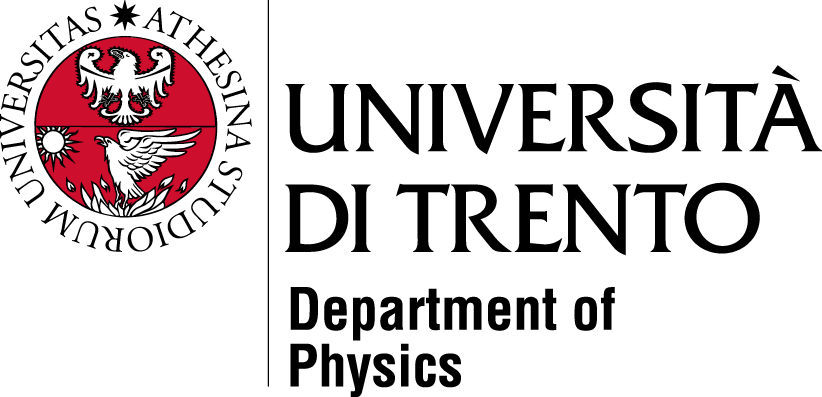A Quantum of Matter
Ion-induced processes in space, from the interstellar medium to planetary atmospheres
Daniela Ascenzi
Dipartimento di Fisica, Università di Trento
Mercoledì 6 Marzo, ore 14:00
Aula B109 – Povo 2
Since the discovery of water and ammonia over fifty years ago, the number of molecules that have been detected in various regions of space has increased rapidly, thanks to the advent of new telescopes, and now over 350 different molecules have been identified in the interstellar and circumstellar medium, not to mention the atmospheres of planets and satellites. Astronomers use molecules as a tool to gain information about the structure, dynamics and evolution of astronomical objects, but with the discovery of increasingly complex molecules (the so-called interstellar Complex Organic Molecules, iCOMs) one of the open issues in astrochemistry is understanding how such molecules can form and survive in the harsh environmental conditions of the interstellar medium. Accomplishing this goal requires an interdisciplinary approach, where astronomical observations are supported and interpreted via laboratory experiments and physical/chemical models. Our research explores the chemistry of charged species, that can play a key role both in the formation and in the decomposition of iCOMs and “prebiotic” molecules, small organic species that may serve as building blocks for biomolecules. I will review recent results on the laboratory measurements of kinetic parameters (cross sections, branching ratios and their dependences on collision energy) for the reaction of atomic (He+, Si+) and molecular ions (H2CNH+/HCNH2+, HCOH+/ H2CO+) with neutrals.
Who is Daniela Ascenzi?
Daniela Ascenzi is associate professor in general and inorganic chemistry (since 2014) and leads the molecular astrophysics research line of the Atomic & Molecular Physics Lab in the Department of Physics at the University of Trento. She holds a PhD in Chemistry from the University of Perugia and was a Marie Curie Fellow at the School of Chemistry, University of Bristol (UK). Her current interests are in ionic chemistry in rarefied environments, from astrochemistry to laboratory and technological plasmas.

